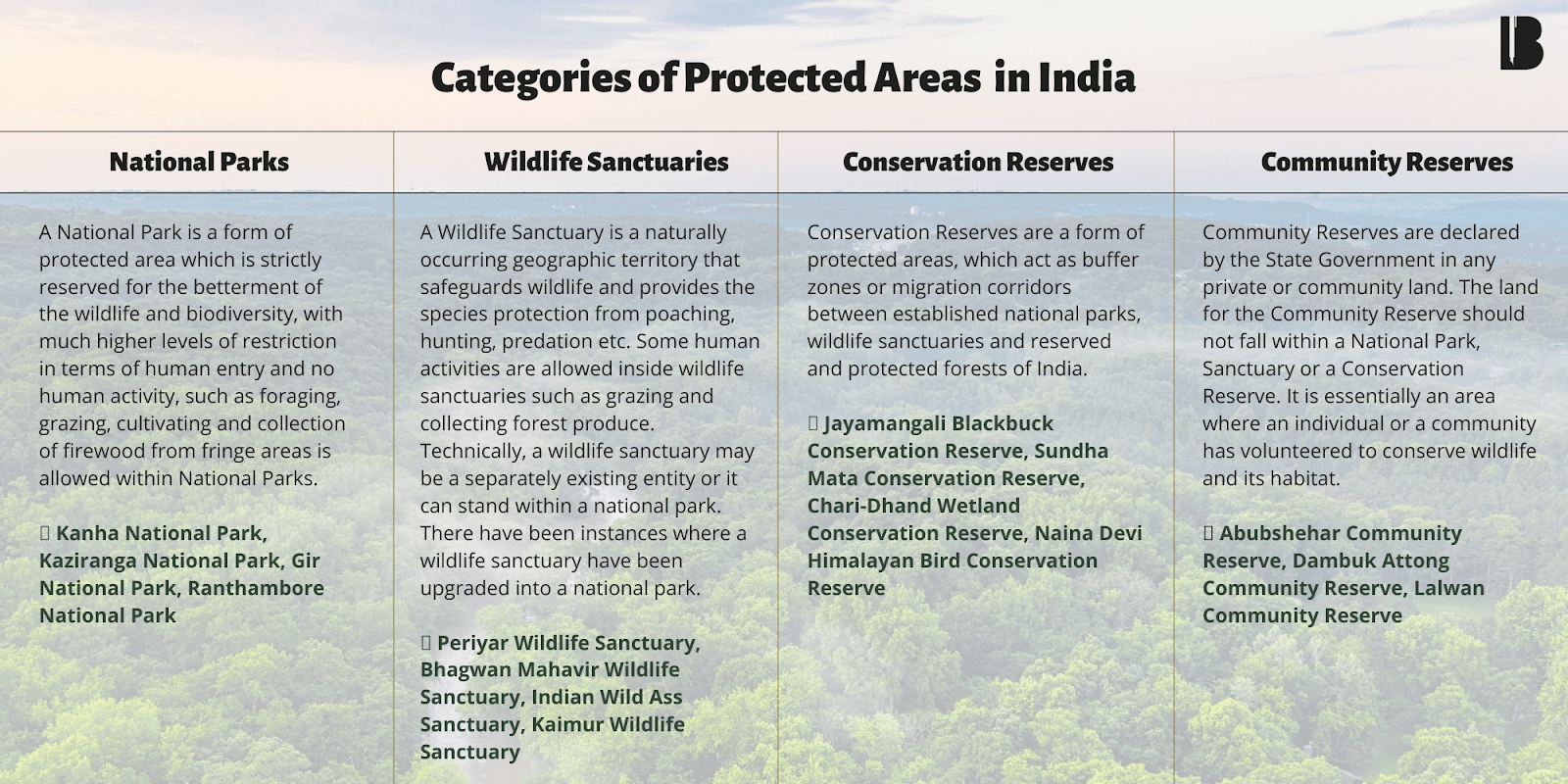Place In News
Tsarap Chu Conservation Reserve
- 20 May 2025
- 2 min read
Himachal Pradesh (HP) has notified the Tsarap Chu Conservation Reserve under section 36A(1) of Wildlife (Protection) Act, 1972, to protect high-altitude biodiversity and strengthen snow leopard habitats.
Tsarap Chu Conservation Reserve:
- About: It is India’s largest conservation reserve (1585 sq km area), located in Spiti Valley, and the state’s fifth, joining Darlaghat, Naina Devi, Potter Hill, and Shilli reserves.
- It is bounded by the UT of Ladakh (north), Kibber Wildlife Sanctuary and Malang Nala (east), Kabjima Nala (south), and Chandratal Wildlife Sanctuary (west).
- Significance:The area is ecologically significant as it lies in the catchment of the Charap Nala and serves as a vital wildlife corridor between Kibber Wildlife Sanctuary & Chandratal Wildlife Sanctuary (Himachal Pradesh).
- Flora & Fauna:
- It hosts a high density of Snow Leopard (“Ghost of the Mountains”), and other key fauna include Tibetan wolf, bharal (blue sheep), Himalayan ibex, kiang (wild ass) and Tibetan argali.
- Rare birds like Rose Finch, Tibetan Raven, and Yellow-billed Chough are also found.
- It hosts a high density of Snow Leopard (“Ghost of the Mountains”), and other key fauna include Tibetan wolf, bharal (blue sheep), Himalayan ibex, kiang (wild ass) and Tibetan argali.
Conservation Reserve:
- Conservation Reserves are Protected Areas (PAs) established on government land that function as corridors or buffer zones connecting national parks, wildlife sanctuaries, or other protected regions.
- Notified under Section 36A of the Wildlife (Protection) Act, 1972, these reserves are managed collaboratively with local communities, Panchayats, and conservation partners.
| Read More: Conserving Protected Areas in India |







